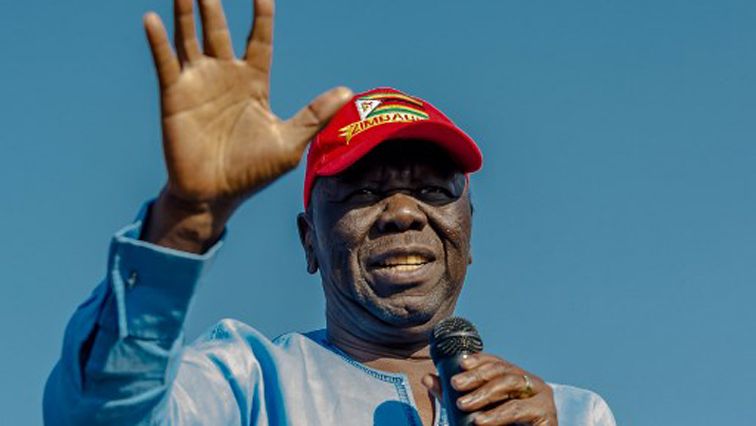
In the tumultuous landscape of Zimbabwean politics, few figures have been as central and as polarizing as Morgan Tsvangirai. As the leader of the Movement for Democratic Change (MDC), Tsvangirai was a beacon of hope for many Zimbabweans, seen as a fearless champion of democracy and a tireless advocate for change. His sudden death in 2018 sparked a wave of speculation and conspiracy theories, with many questioning the official cause of death and raising allegations of foul play.
Tsvangirai's political journey was one marked by both triumph and tragedy. Born in 1952 in the rural Gutu district of Southern Rhodesia, Tsvangirai rose to prominence as a trade unionist, leading the Zimbabwe Congress of Trade Unions (ZCTU) in the 1990s. His entry into politics came at a time when Zimbabwe was in the grips of economic turmoil and political repression under the long rule of President Robert Mugabe.
In 1999, Tsvangirai founded the MDC, positioning himself as the main opposition to Mugabe's ruling ZANU-PF party. His message of change resonated with many Zimbabweans, particularly those disillusioned with the Mugabe regime's corruption and authoritarianism. Tsvangirai's popularity grew, and he emerged as a key figure in the struggle for democracy in Zimbabwe.
However, Tsvangirai's path to power was fraught with challenges. He faced numerous arrests, beatings, and assassination attempts, allegedly orchestrated by the Mugabe regime. Despite these obstacles, Tsvangirai remained undeterred, becoming a symbol of resistance and resilience in the face of adversity.
Tsvangirai's crowning moment came in 2008 when he won the first round of the presidential election, defeating Mugabe. However, amid allegations of vote-rigging and intimidation, Tsvangirai withdrew from the race, allowing Mugabe to retain power in a runoff election widely condemned as flawed.
In the years that followed, Tsvangirai continued to be a vocal critic of the Mugabe regime, advocating for political reform and human rights. His efforts were instrumental in bringing about the formation of a unity government in 2009, although the arrangement was fraught with tensions and ultimately collapsed in 2013.
Tsvangirai's death in 2018, after a battle with cancer, was met with an outpouring of grief and tributes from across Zimbabwe and the world. However, his passing also reignited speculation about the circumstances surrounding his death. Some have alleged that he was poisoned by political rivals, pointing to inconsistencies in the official account of his illness and treatment.
The question of whether Morgan Tsvangirai was murdered may never be definitively answered. However, what is undeniable is the indelible mark he left on Zimbabwean politics. His courage, resilience, and unwavering commitment to democracy continue to inspire generations of Zimbabweans to strive for a better future. As Zimbabwe navigates its post-Mugabe era, the legacy of Morgan Tsvangirai serves as a reminder of the ongoing struggle for freedom and justice in the country.